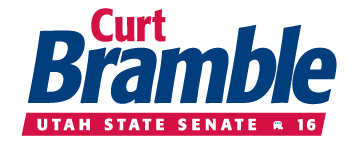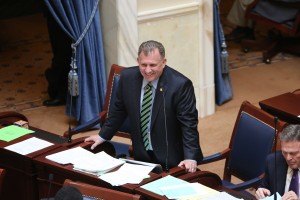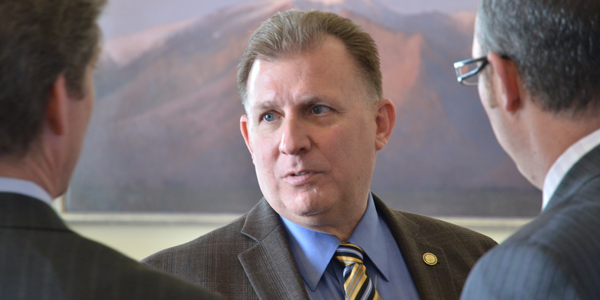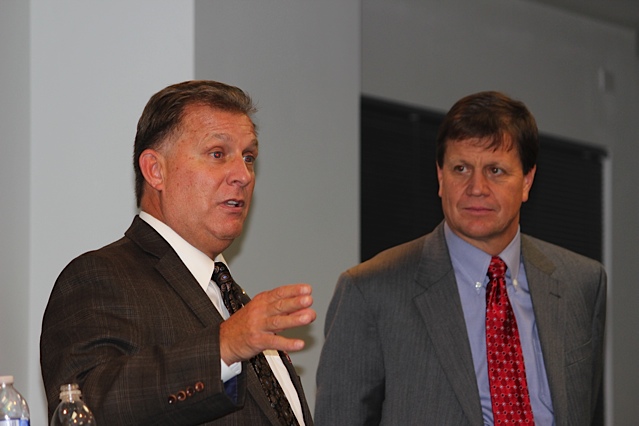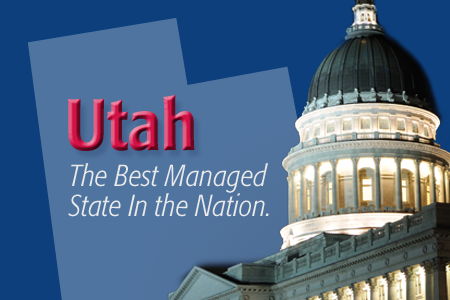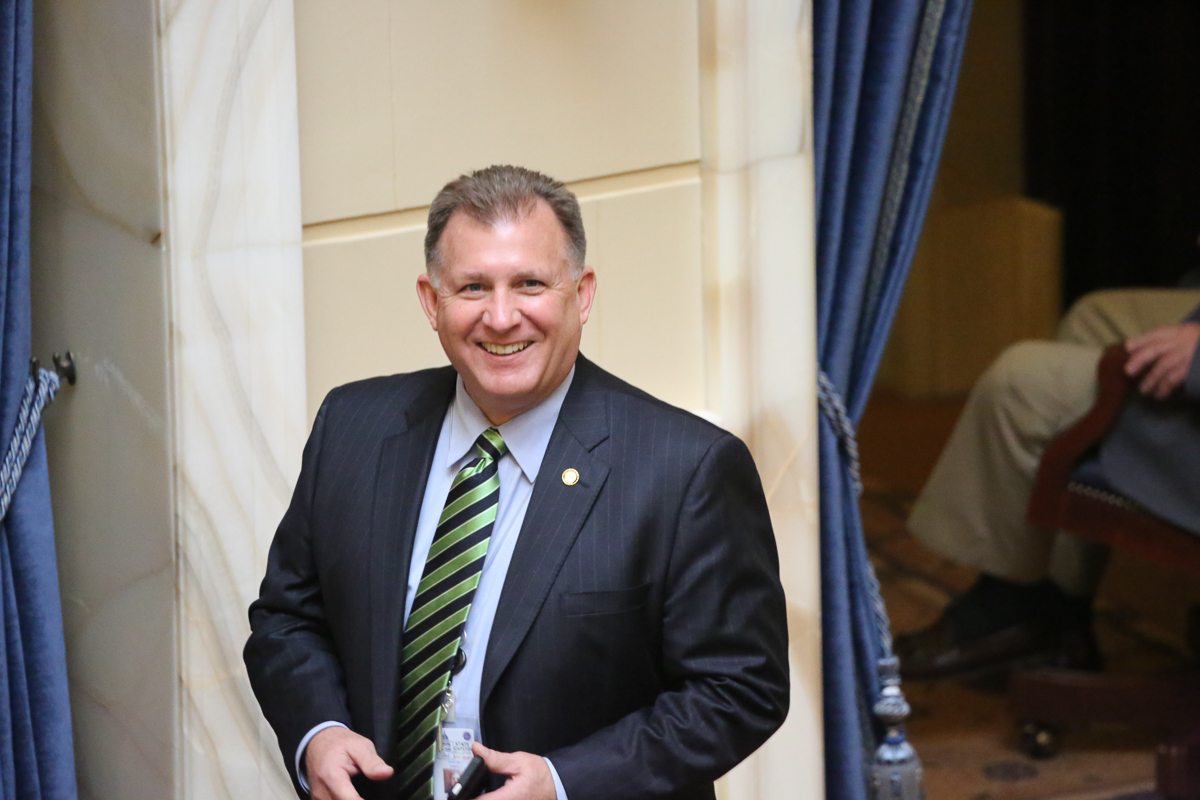
There are many very important issues that we will address in the coming weeks. But top among those issues is the budget. In Utah, we are known for exercising fiscal caution. We are required by our state Constitution to pass a balanced budget, something that many other states and obviously our federal government does not do. One thing that we do during the legislative session is spend a lot of time deliberating expenditures and procurement. We do this in the appropriations committees. Another key element to our budgeting is the requirement of fiscal notes. Every bill is essentially given a “price tag” letting us (and you) know just how much it would cost the state (and therefore all of us as we pay taxes) to implement the bill if it were to become law.
The Legislature’s website has several useful tools to track spending through committees and help you to understand the issues we work to deal with as we match needs in our state to available funding.
I serve on the three of the nine appropriations committees and have included a link to our budget page for each one. You can view the purpose and requests, as well as the trend in funding each of these areas.
Business, Economic Development, and Labor Appropriations Subcommittee
Executive Offices and Criminal Justice Appropriations Subcommittee
Retirement and Independent Entities Appropriations Subcommittee
On the Senate Blog, Senator Hillyard’s provides an explanation of the budgeting process that may be helpful.
Issues we are discussing this Session
Education Funding. There’s always a request for more funding. However according to this poll, most do not believe that raising taxes is the answer. Please take my survey and share your thoughts about education funding with me.
School Board Election. We are discussing restructuring the way our school boards are elected. Last year, a judge rulled that our current method – the Governor selecting two names from each district’s list for the ballot — was unconstitutional. There are discussions about whether it should be partision, non-partision, appointed by the Governor and confirmed by the the Senate. I’d like to hear your thoughts. Please include them on the survey.
Medicaid Expansion. A Task Force has been sifting through multiple Maidicaid Expansion options. There are two plans endorsed by the committee to expand the coverage definition of “medically frail.” The Task Force committee did not advocate the Governor’s Healthy Utah plan as a practical solution.
The Committee found Healthy Utah to be untenable for a number of reasons, but the most alarming is the unpredictability of our future funding needs. Other states have staggered under covering the cost of the more than double the predicted enrollment of those who are in “the gap.” Further, even if our assumed enrollment numbers are correct, in a mere four years, the cost to cover those able-bodied individuals within that “gap” could easily exceed $80 million. In six years the cost would be close to $100 million.
For those reasons, the Task Force did not feel they could recommend such an open-ended payment stream with no dedicated funding source.
Here is a link to the recording of the Task Force meeting where the recommendations were given.
Gas Tax Revenue. Revenue from gas tax is dedicated to construction and road maintenance. Currently, gas tax is assessed on a per/gallon purchase basis. But as consumption decreases, it erodes the revenue stream and when that is coupled with inflation, the real purchasing power of the gas tax revenue is decreased even further. Right now gas tax revenue has lost close to half of its purchasing power since the tax was last increased in 1997, but during those same years, the construction costs for road building and maintenance has increased nearly 300%. The Legislature’s Interim Transportation Committee held a special meeting in Vernal last month to consider how to cover what could be an $11 billion shortfall for priority projects needed by the state to keep up with growth and maintenance in the next 25 years.
The committee has been working on this problem for well over a year. We will look at the different funding/taxing options as the session progresses. I would appreciate your thoughts. Please take the survey.
Working to keep you informed
Thank you for your interest and for the emails you send. I would appreciate you taking a few moments to fill out this year’s Legislative Survey. Just click the link above.
Sincerely,
